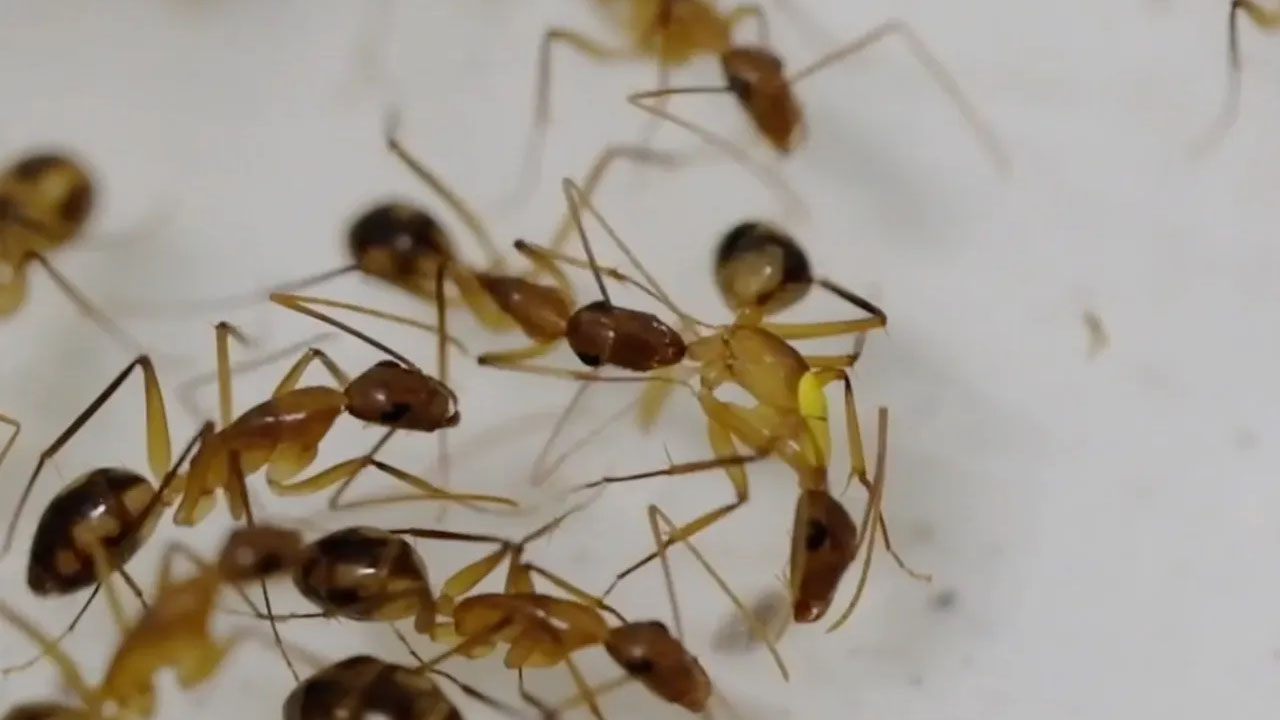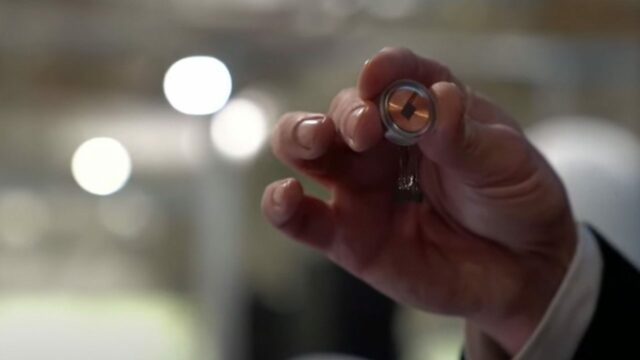Humans are no longer the only species capable of surgery. A new study has revealed that some ant species can treat members of their injured colonies and even amputate when necessary.
Ants amputate limbs to save other ants
Researchers from the German University of Würzburg have already observed that ants of the African species Megaponera analis can treat their injured members with anti-microbial substances. In the new experiment, Florida carpenter ants (Camponotus floridanus) were studied.

Scientists created wounds at two different sites on the legs of these ants (femur and tibia). They added infectious bacteria to the wounds and studied how the ants reacted.
The ants are able to detect an injured colony and respond according to the severity of the injury. A wound on the femur usually results in amputation, while wounds on the tibia are simply cleaned. In femur wounds, the ants bite off the leg in a process that takes about 40 minutes. However, no such intervention is performed in tibia wounds.
Study author Erik Frank notes that this type of amputation behavior is not seen in any other member of the animal kingdom. Of the 24 ants with femoral wounds that underwent amputation, 21 survived, while the three that were not operated on died. This shows the effectiveness of the intervention on femoral wounds.
The researchers think that the reason ants treat femur wounds with amputation is that the muscles in this area have a larger surface area. This causes bacteria to take longer to spread throughout the body and gives the ants time to intervene. In the case of tibial wounds, the infection spreads rapidly and amputation is not effective.
This remarkable discovery demonstrates the advanced social behavior of ants. Scientists say that this behavior is of great importance for the survival strategies of ant communities. These advanced treatment methods of ants could be a source of inspiration for other animals and even humans.
These amazing and complex therapeutic behaviors of ants show once again how diverse and rich the struggle for survival in nature is. Such studies help us understand the social structures and survival strategies of ants and other social insects. These advanced treatment methods of ants are likely to continue to arouse great interest in the scientific world.














